Sorry. We did not find anything.
Future of Electric Commercial Trucks at the 138th China Import and Export Fair in 2025
The future trajectory of Electric Commercial Trucks is set to take center stage at the 138th China Import and Export Fair in 2025, as the global transportation industry pivots towards sustainable solutions. According to a report by Allied Market Research, the electric commercial vehicle market is projected to reach $78.43 billion by 2026, growing at a CAGR of 24.4% from 2019. This growth is spurred by increasing government initiatives for greener transportation and advancements in battery technology, which are lowering costs and enhancing performance. As cities worldwide implement stringent emission regulations, the demand for electric commercial trucks is expected to surge. The fair in 2025 will not only showcase the latest innovations in this sector but also highlight the strategic partnerships and technologies that are driving the shift towards electrification in commercial logistics. This event will serve as a critical platform for industry stakeholders to explore collaboration opportunities and the next generation of electric trucks.
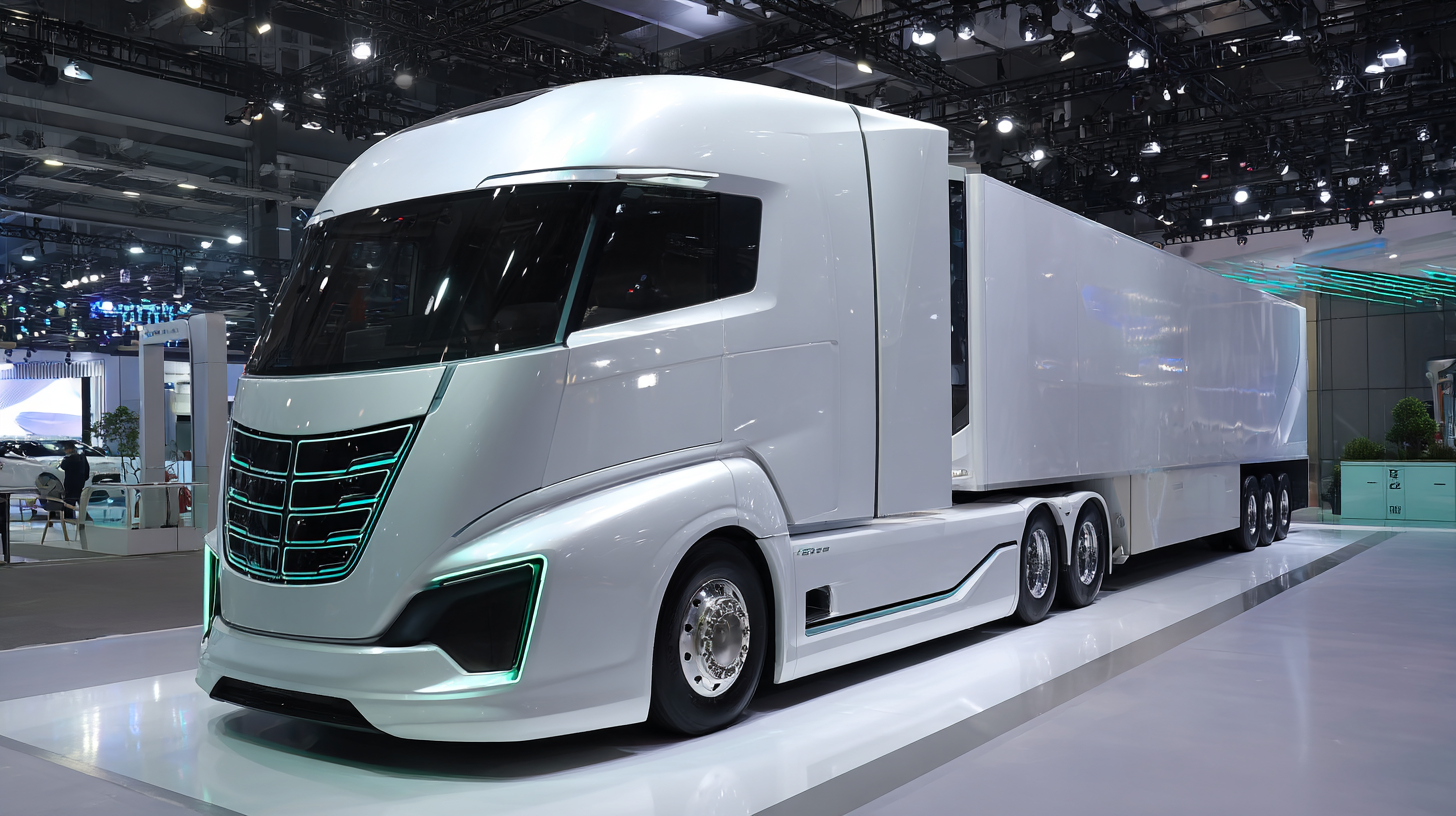
Future Trends in Electric Commercial Trucks: An Overview for 2025 Fair
The electric commercial trucking industry is poised for significant transformation by 2025, as showcased at the 138th China Import and Export Fair. According to a report by the International Energy Agency, the global electric truck market is projected to grow at a compound annual growth rate (CAGR) of over 20% through the next decade. This surge is largely driven by advancements in battery technology, such as solid-state batteries, which promise increased range and efficiency compared to traditional lithium-ion batteries. It is estimated that by 2025, electric trucks could account for around 12% of total commercial truck sales, signaling a pivotal shift in the transportation sector.
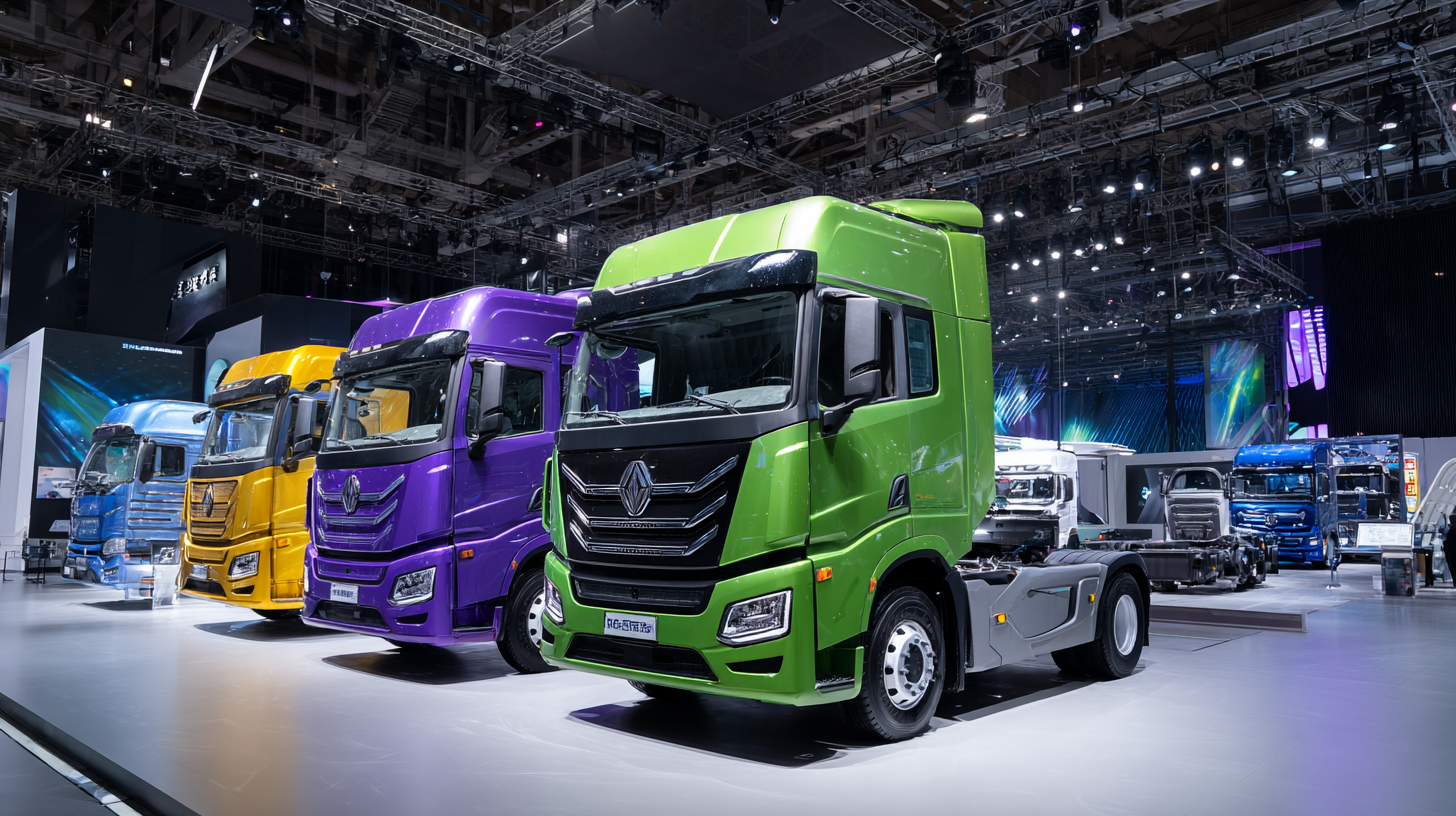
Furthermore, sustainability remains a critical focus, with many companies setting ambitious goals for reducing carbon emissions. A McKinsey report indicates that electric commercial vehicles could reduce greenhouse gas emissions in logistics by 30% by 2030. The 2025 fair will likely highlight innovations aimed at addressing the challenges of charging infrastructure and energy management, which are essential for the widespread adoption of electric trucks. Manufacturers are exploring partnerships to establish a robust network of charging stations, which is crucial for facilitating long-haul electric transport and ensuring that fleet operators can transition seamlessly to this cleaner mode of transport.
Key Innovations in Electric Truck Technology Showcased at the Expo
The 138th China Import and Export Fair in 2025 is set to be a significant event for the electric commercial truck industry, highlighting key innovations that are transforming transportation. Industry reports show that the global electric truck market is expected to grow from $2 billion in 2020 to approximately $9 billion by 2025, driven by increasing demand for sustainable logistics solutions and advancements in battery technology. This Expo will showcase cutting-edge features such as improved battery efficiency, enhanced charging infrastructure, and AI-driven logistics management systems that are revolutionizing the way businesses approach transportation.
Tips: When considering electric trucks for commercial use, it’s essential to analyze total cost of ownership (TCO), which includes purchase price, maintenance, and charging costs. Additionally, look into the availability of local charging stations, as this can greatly impact operational efficiency. Keeping abreast of technological advancements can help businesses remain competitive in a rapidly evolving market.
At the Expo, notable manufacturers will present their latest electric truck models equipped with smart features like real-time tracking and predictive maintenance alerts. These developments not only optimize delivery schedules but also significantly reduce carbon footprints. According to recent research, electric trucks can decrease greenhouse gas emissions by up to 80% compared to traditional diesel trucks, emphasizing the critical role these innovations play in building a more sustainable future for the commercial transportation sector.
Market Growth Opportunities for Electric Commercial Vehicles in China
The future of electric commercial trucks in China is poised for significant growth, thanks to the increasing demand for sustainable transportation solutions. The market for electric commercial vehicles is expected to expand rapidly, driven by the environmental and economic factors identified in various industry reports. The electric vehicle charging station market is projected to reach approximately $25.59 billion by 2025, with an impressive annual growth rate exceeding 20.4%. This surge indicates a robust infrastructure development that will bolster the adoption of electric trucks.
Tips: Fleet operators should consider investing in electric commercial vehicles as their total cost of ownership continues to diminish with advancements in technology. Battery life improvements and charging efficiency are pivotal areas to watch, as they play a significant role in operational feasibility.
Moreover, as the automotive ethernet market is estimated to grow from $3.36 billion in 2025 to $8.18 billion by 2032 at a CAGR of 13.6%, integrating advanced connectivity features in electric trucks will be essential. This technological integration not only enhances vehicle performance but also supports fleet management with real-time data analytics. It's crucial for companies to stay updated on these developments to make informed investment decisions.
Sustainability Impact of Electric Trucks on the Logistics Industry
The logistics industry is on the brink of transformation, with electric commercial trucks at the forefront of this evolution. According to a report by McKinsey, the adoption of electric trucks can reduce logistics companies' emissions by up to 80% by 2030, significantly contributing to sustainability goals. As global pressure mounts for greener solutions, the integration of electric vehicles (EVs) in commercial fleets promises not only to diminish carbon footprints but also to enhance operational efficiency through lower fuel and maintenance costs.
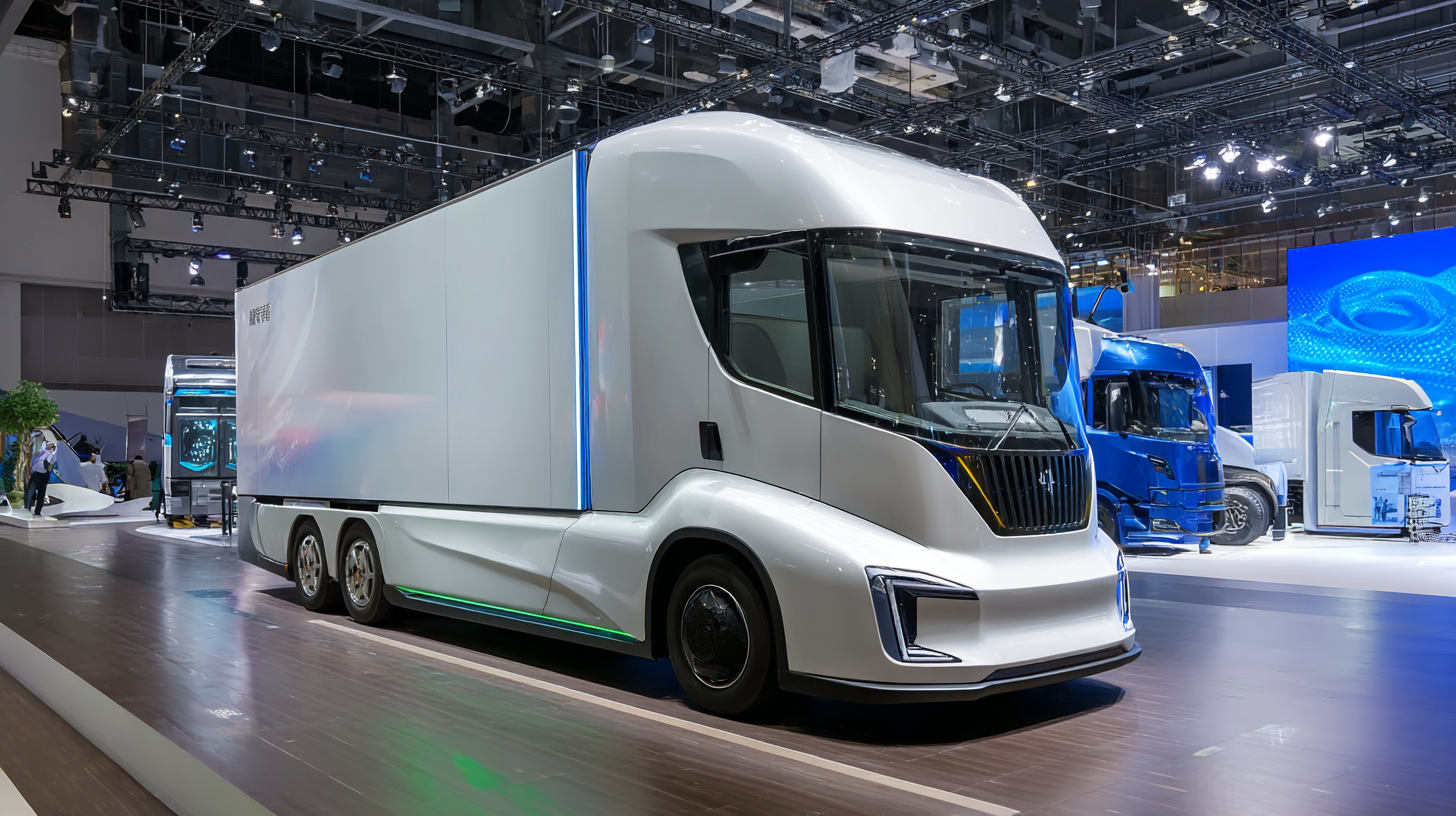
The 138th China Import and Export Fair in 2025 is set to spotlight these advancements, showcasing the innovative technologies that make electric trucks a viable option for logistics companies. A study by the International Council on Clean Transportation predicts that electric trucks could account for 30% of freight transport worldwide by 2040. This shift not only reflects a response to environmental concerns but also aligns with evolving regulations aimed at reducing air pollution. As organizations increasingly prioritize sustainability in their logistics operations, the impact of electric trucks will become a critical factor in shaping the future of the industry.
Collaborations and Partnerships Driving Electric Truck Development in 2025
As the electric commercial truck sector gears up for the
138th China Import and Export Fair in 2025,
collaborative efforts among major players are poised to reshape the landscape. Recent developments
highlight the importance of partnerships in advancing electric truck technology.
For instance, in January 2025, various strategic alliances emerged within China’s automotive industry,
underscoring a commitment to innovation. These collaborations not only bring together expertise from
different sectors but also facilitate the sharing of technological advancements crucial for developing
efficient electric truck solutions.
In addition to automotive giants forging new relationships, collaborations are expanding into specific areas
such as fuel cell technology and autonomous driving. For example,
a noteworthy partnership was formed to enhance the capabilities of fuel cell stacks. Such initiatives promise
to accelerate the integration of cutting-edge technologies in electric trucks, paving the way for more
sustainable, efficient, and advanced commercial vehicle
options in the coming years. By fostering an environment of joint innovation, these partnerships are set to
drive significant advancements in the electric commercial truck market by 2025.
Related Posts
-
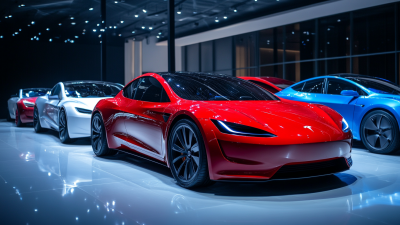
2025 Global Electric Car Brands Overview and Competitive Analysis
-

10 Essential Tips for Global Buyers to Succeed with Ev Vehicles
-
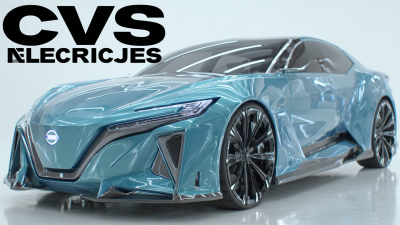
Future Trends in Best New Electric Vehicles for 2025 Global Buyers
-

2025 Innovations Shaping the Future of Best Full Electric Cars for Global Buyers
-

How to Experience the Future of Transportation with New Electric Vehicles
-

How to Choose the Best All Electric Car for Your Lifestyle
